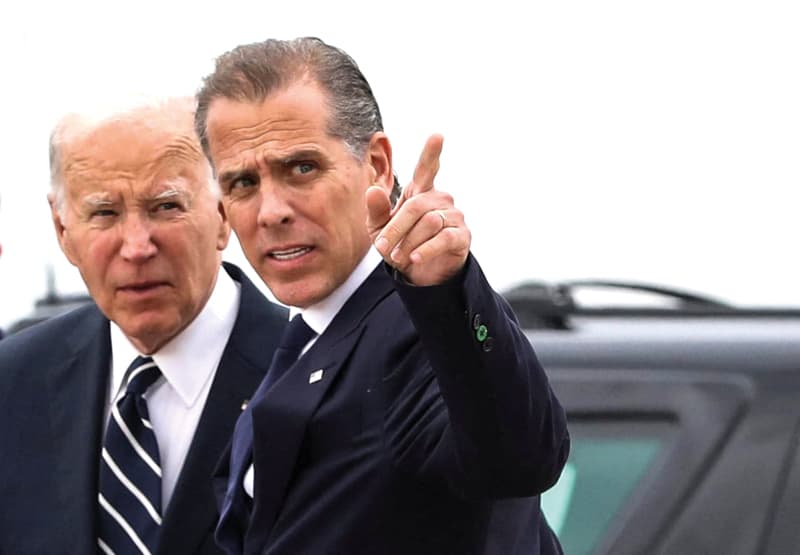The parable of the Prodigal Son in the Gospel of Luke (15:11–32) tells of a father who graciously forgives his repentant younger son after he squanders his inheritance, emphasizing themes of forgiveness, repentance, and God’s boundless mercy. Comparing this parable to President Biden’s pardon of his son, Hunter Biden, oversimplifies the complexities inherent in the situation.
In early December 2024, President Biden issued a full and unconditional pardon to his son, Hunter Biden, covering all federal offenses related to tax evasion and firearm charges. While the pardon in the parable is personal and familial with no legal implications, President Biden’s pardon is an official act that intervenes in the judicial process.
Some argue that the pardon reflects a father’s compassion and a response to perceived unjust treatment of his son, aligning with ethical principles of mercy and protection against political persecution. Others contend that it undermines the rule of law and sets a concerning precedent of using presidential power for personal reasons, potentially eroding public trust in the justice system.
Hunter Biden acknowledged his past mistakes during his addiction struggles and expressed gratitude for the clemency, committing to using his experience to assist others facing similar challenges. Therefore, equating the pardon directly with the parable may oversimplify the complexities inherent in this situation.
There is precedent for U.S. presidents pardoning family members. In January 2001, President Clinton pardoned his half-brother, Roger Clinton, who had been convicted of cocaine distribution in 1985. President Trump pardoned Charles Kushner, the father of his son-in-law, Jared Kushner, who had been convicted in 2005 of tax evasion, witness tampering, and illegal campaign contributions.
The question of whether a president can pardon himself remains unresolved, as the Constitution does not explicitly address this scenario, and no president has attempted it to date. However, it is possible that President Trump may grant pardons to those being prosecuted for the assault on the Capitol on January 6, 2021.
 By Nestor Ikeda
By Nestor Ikeda
A Peruvian AP Reporter (Ret) in Washington, DC








